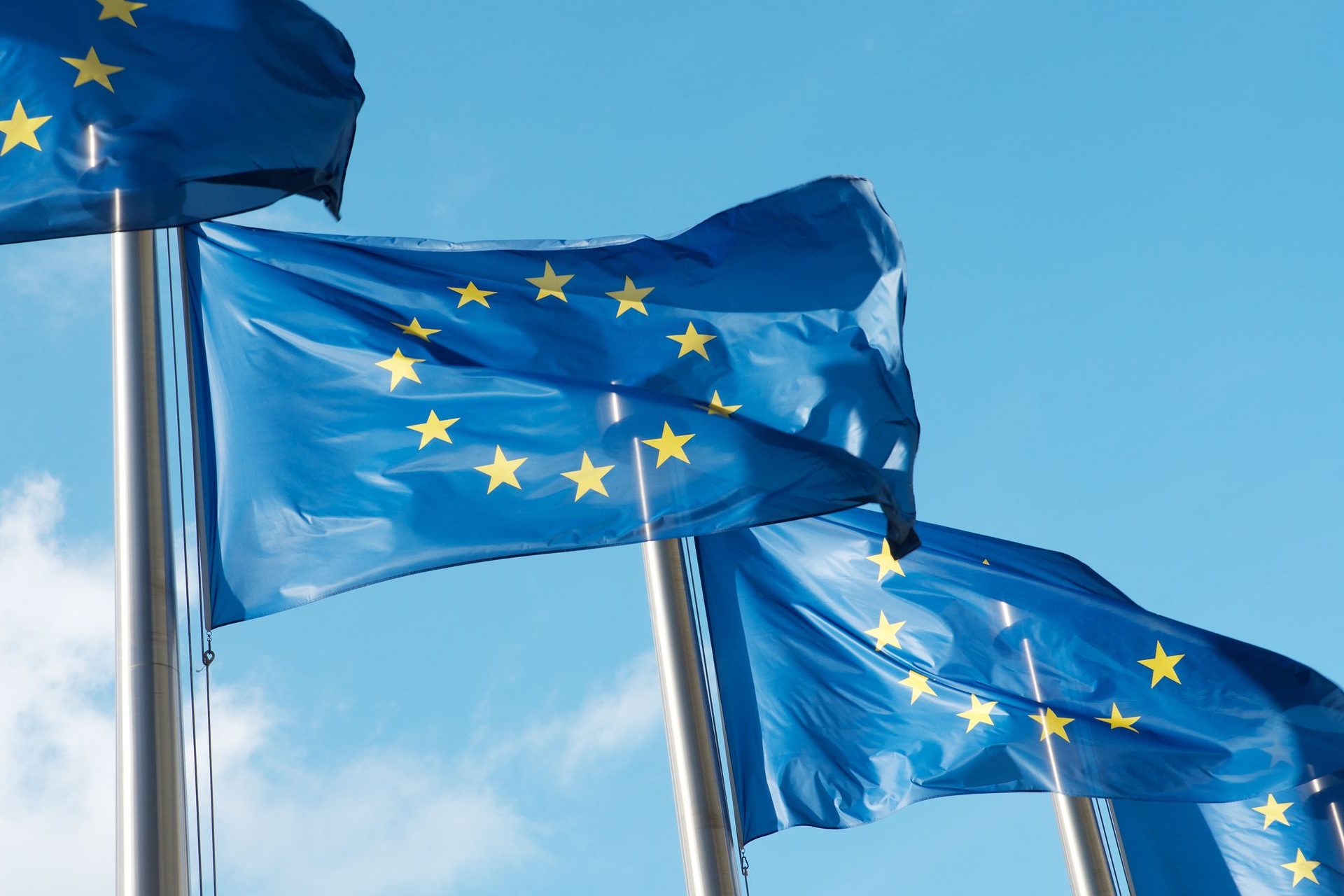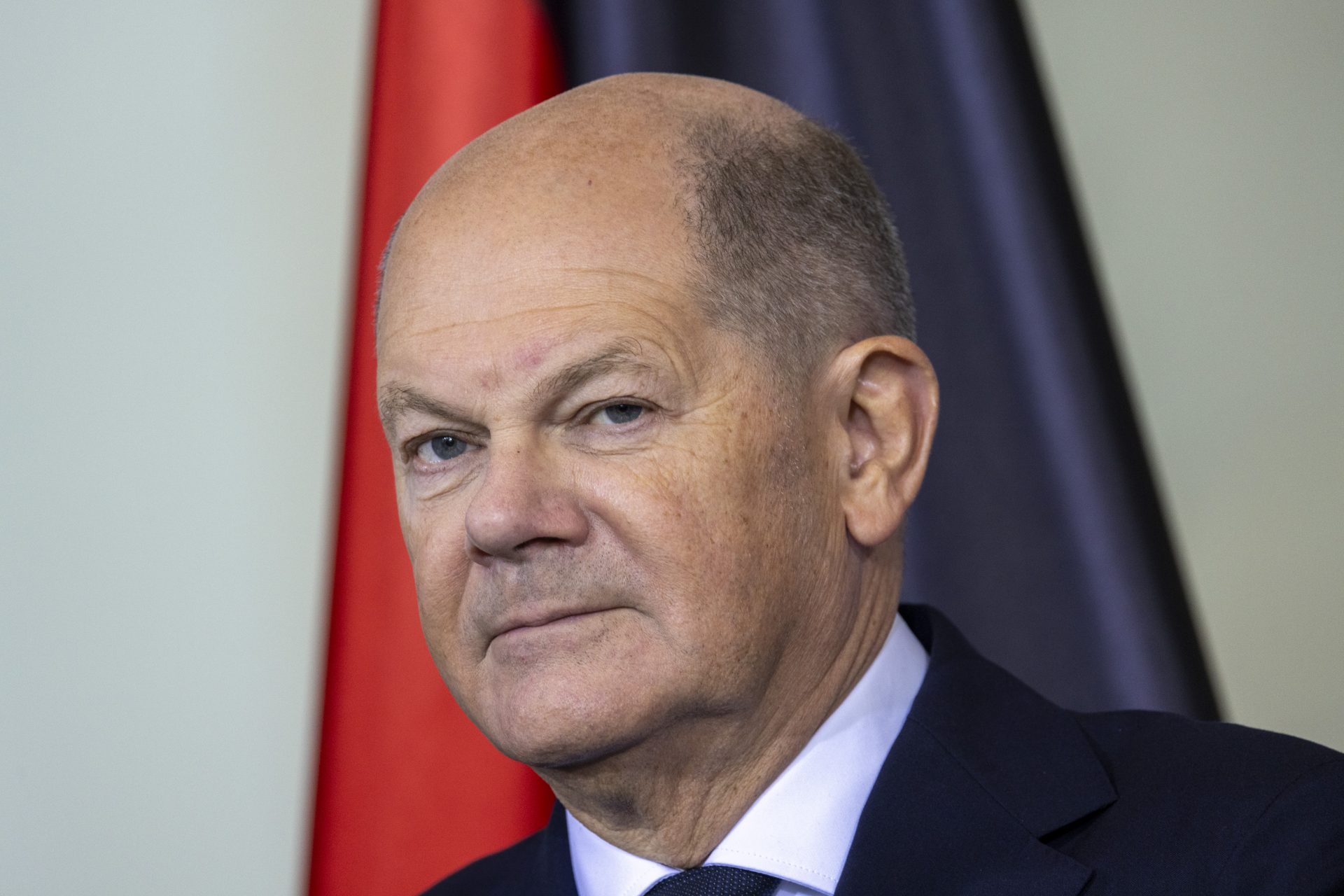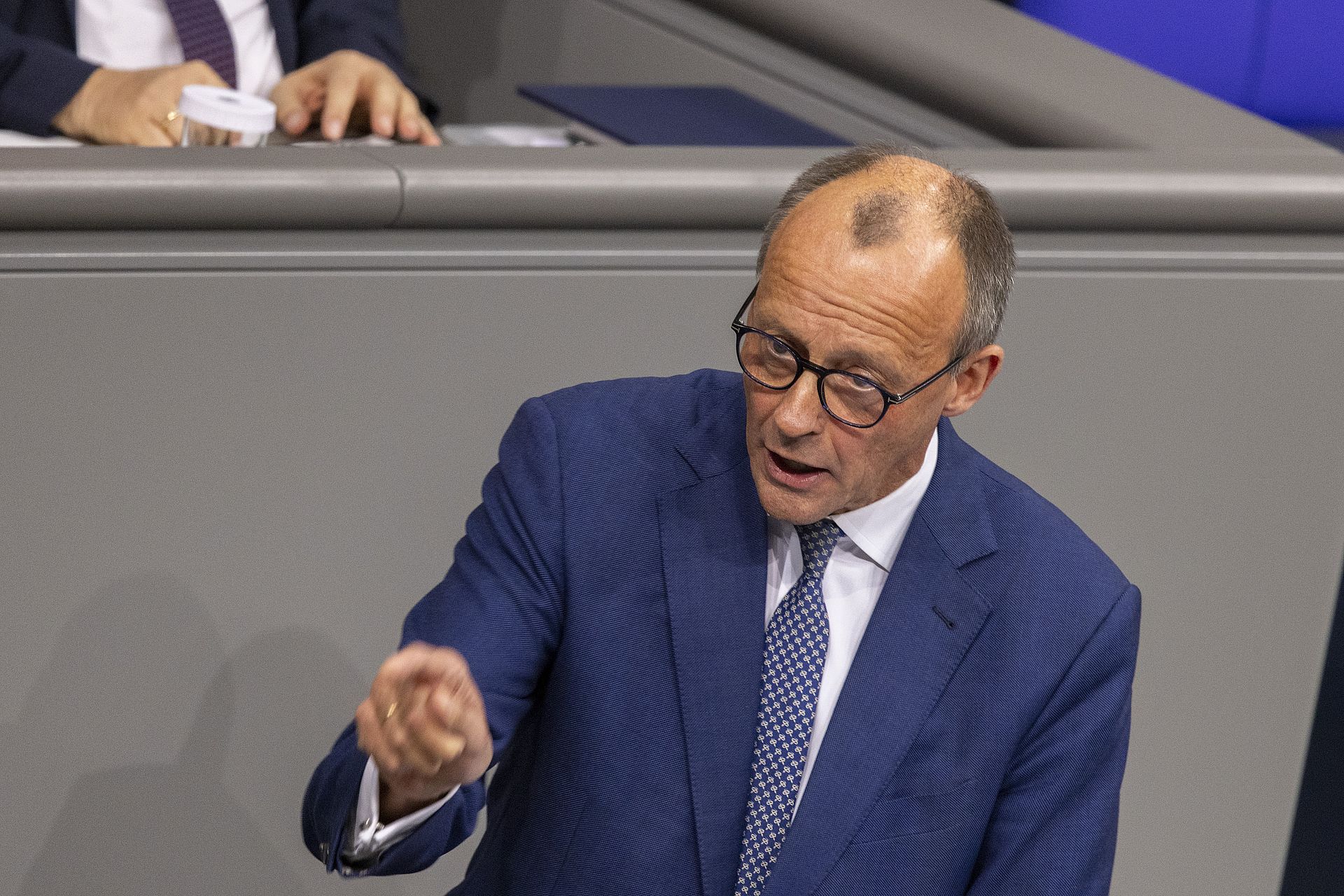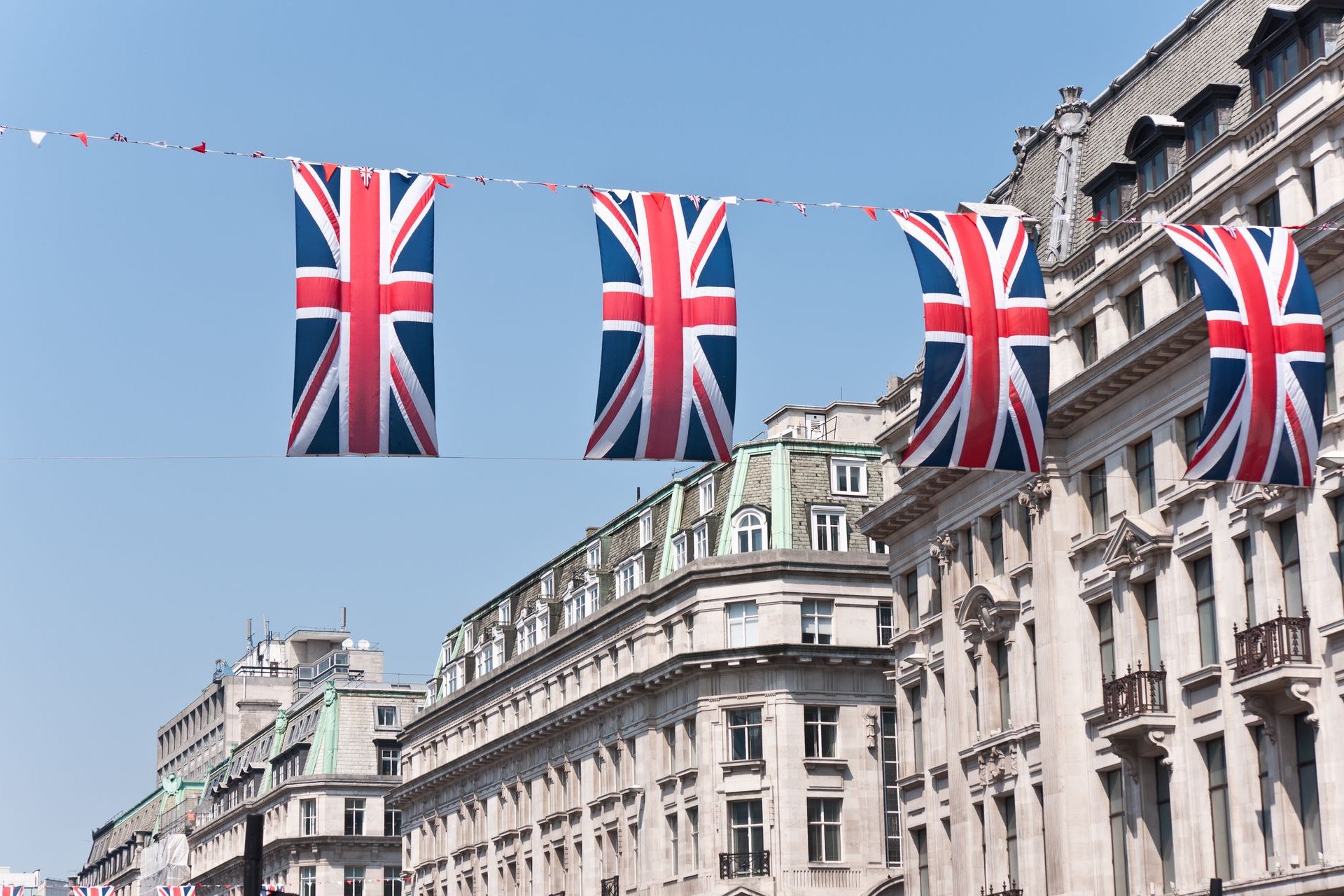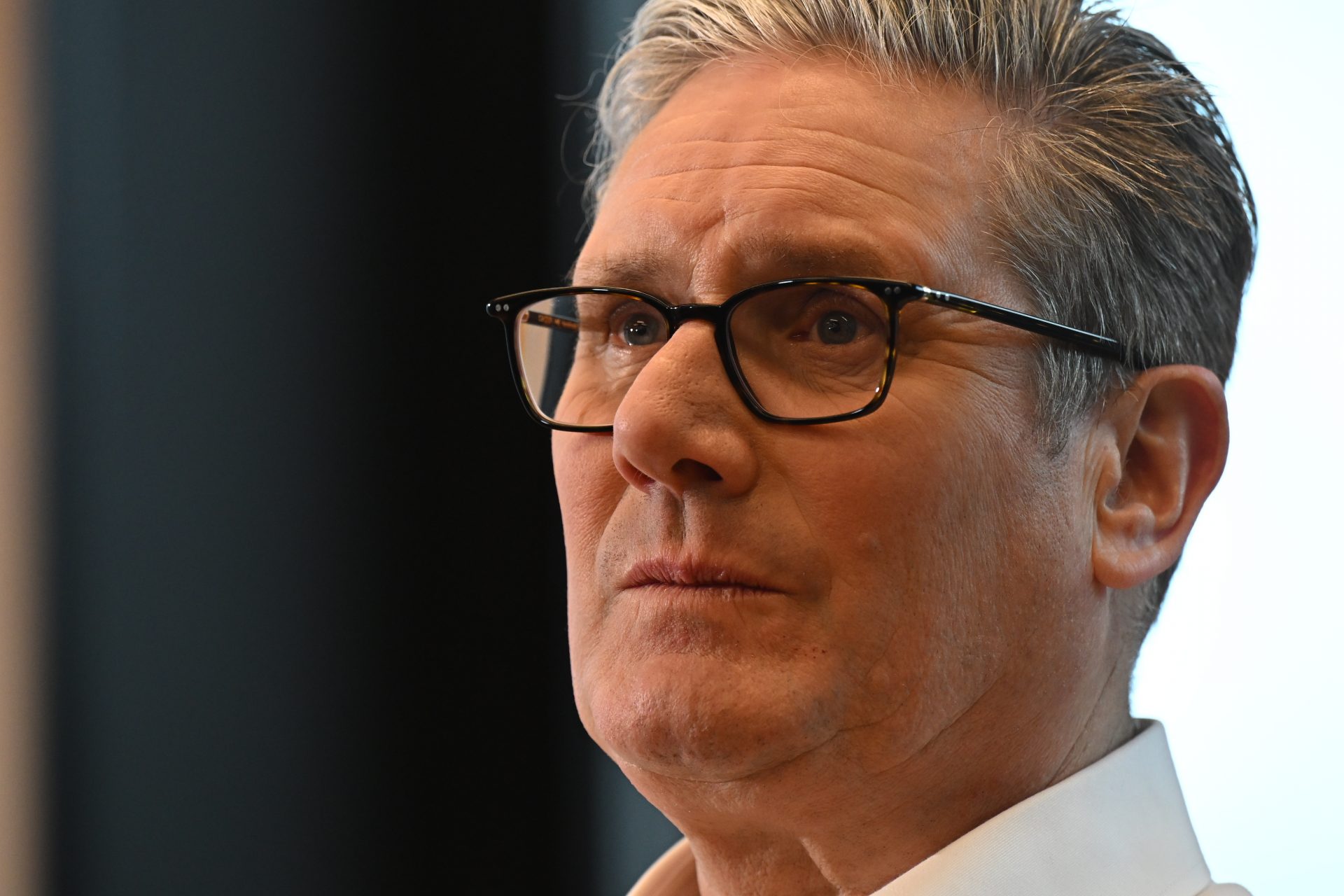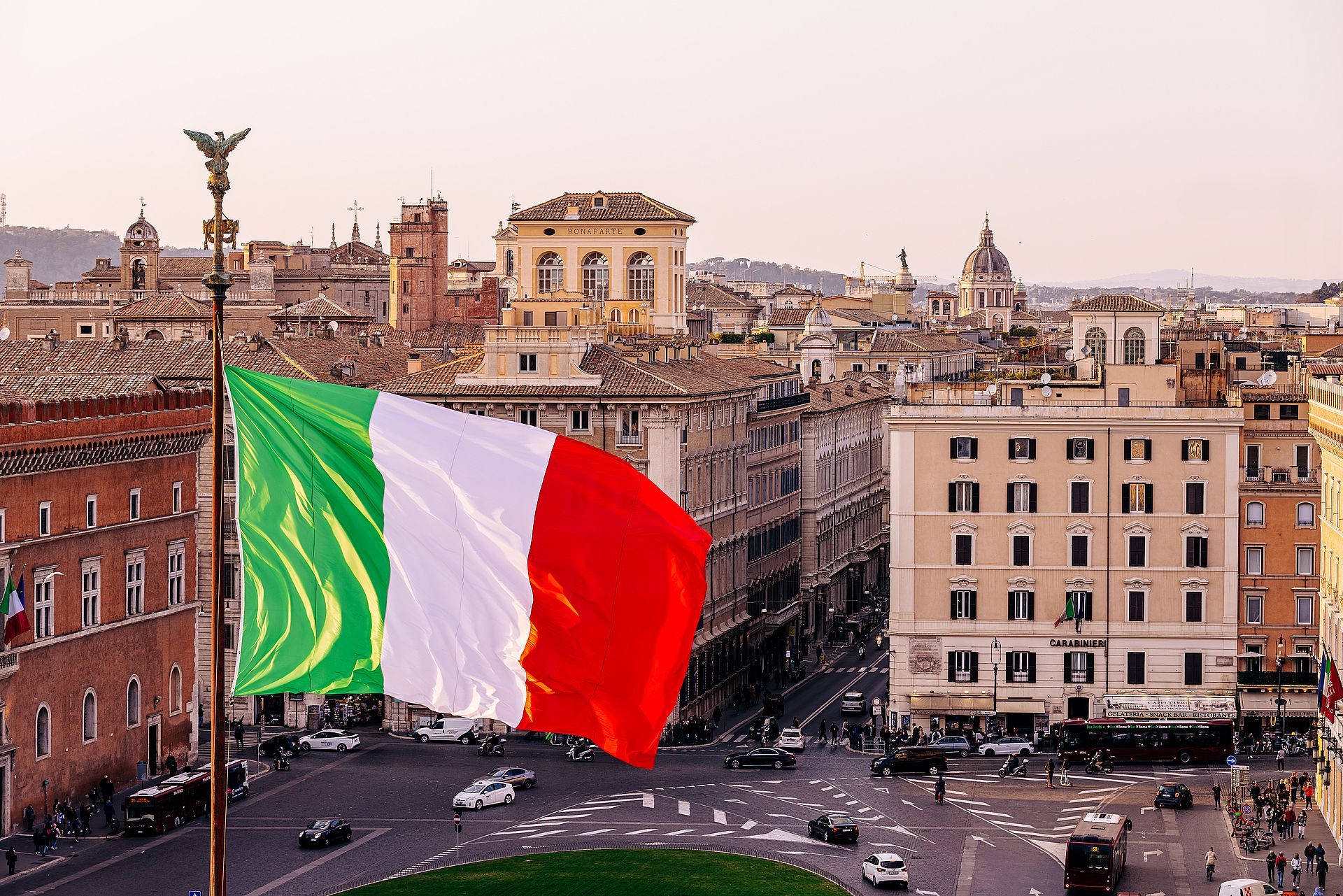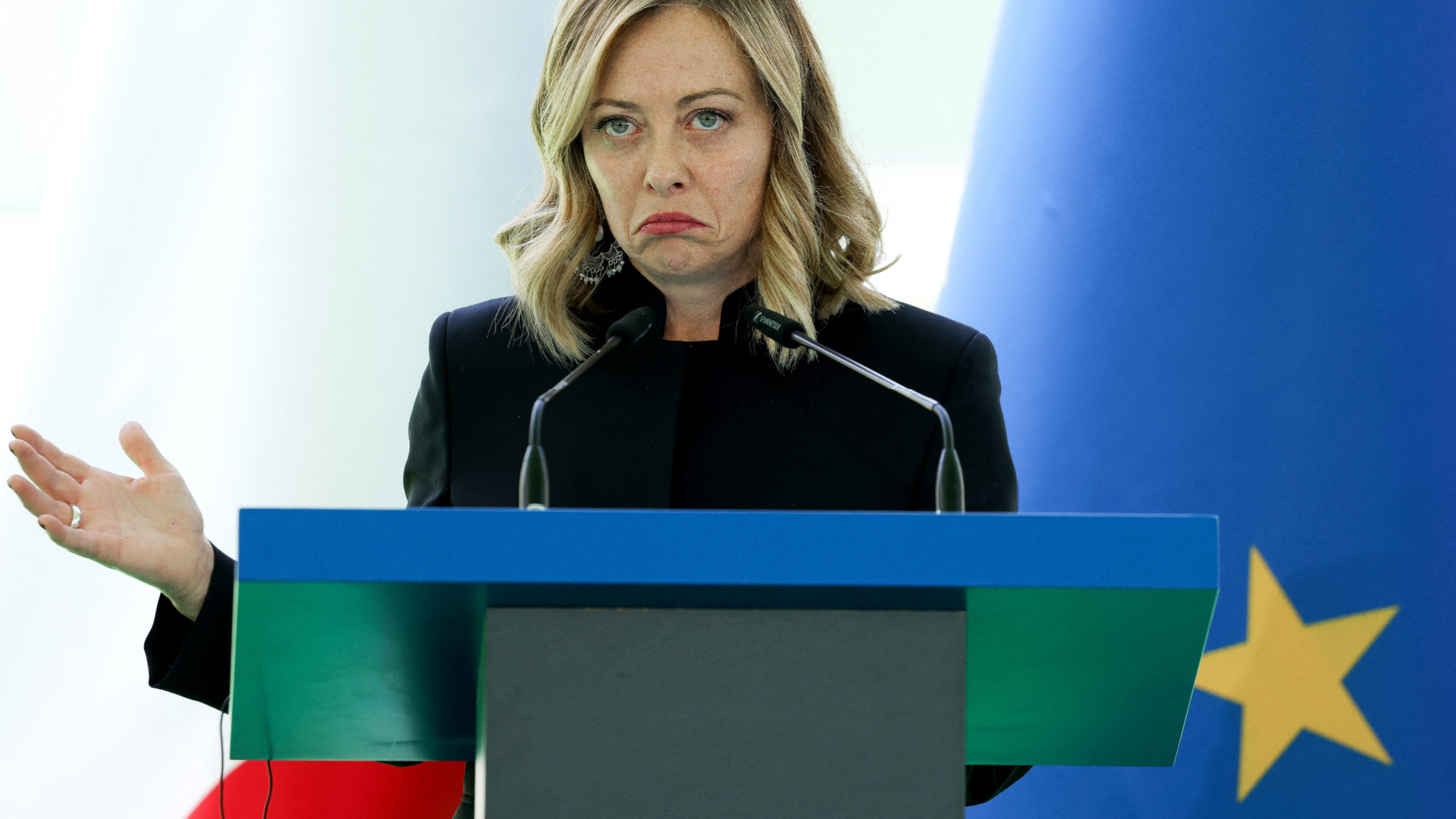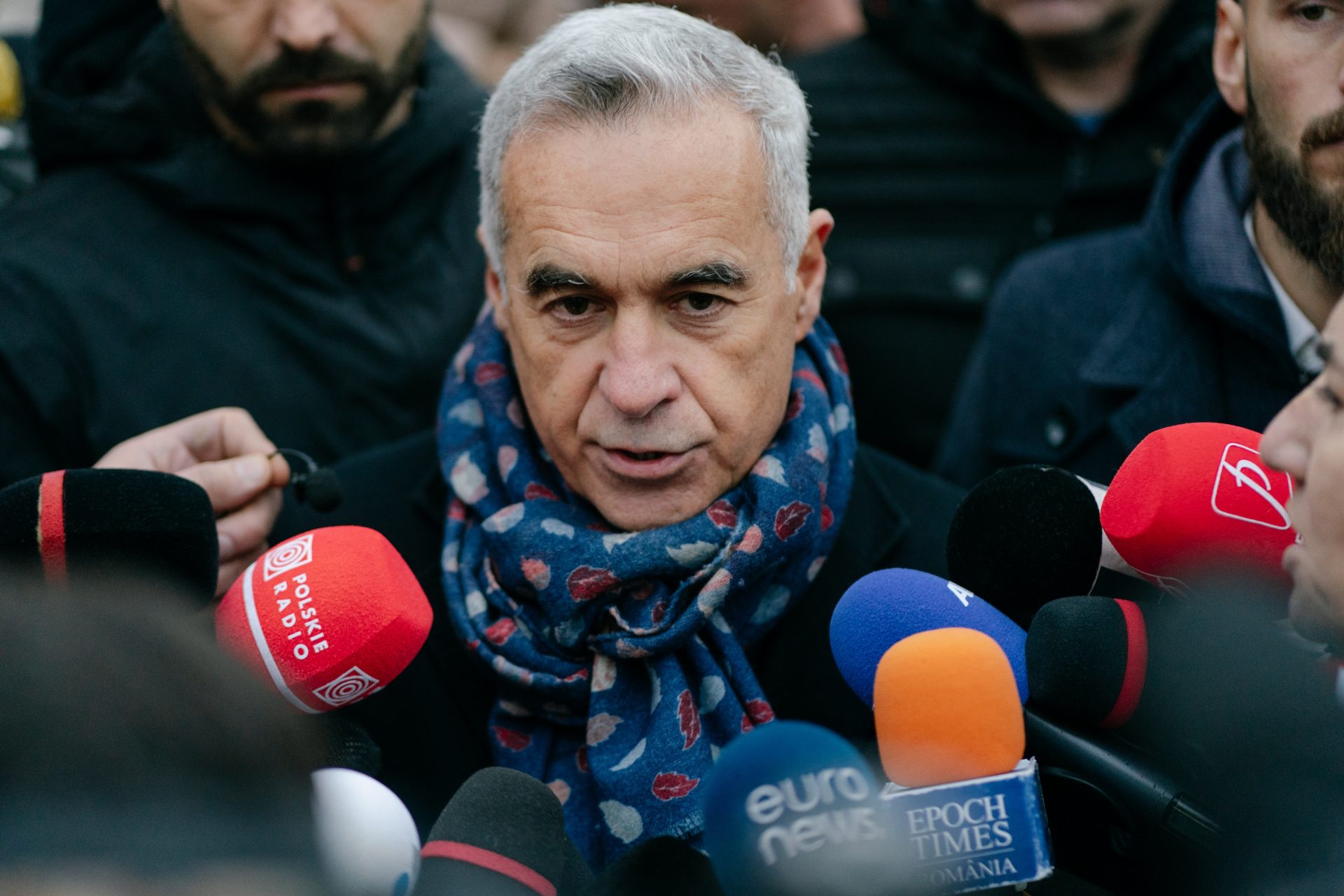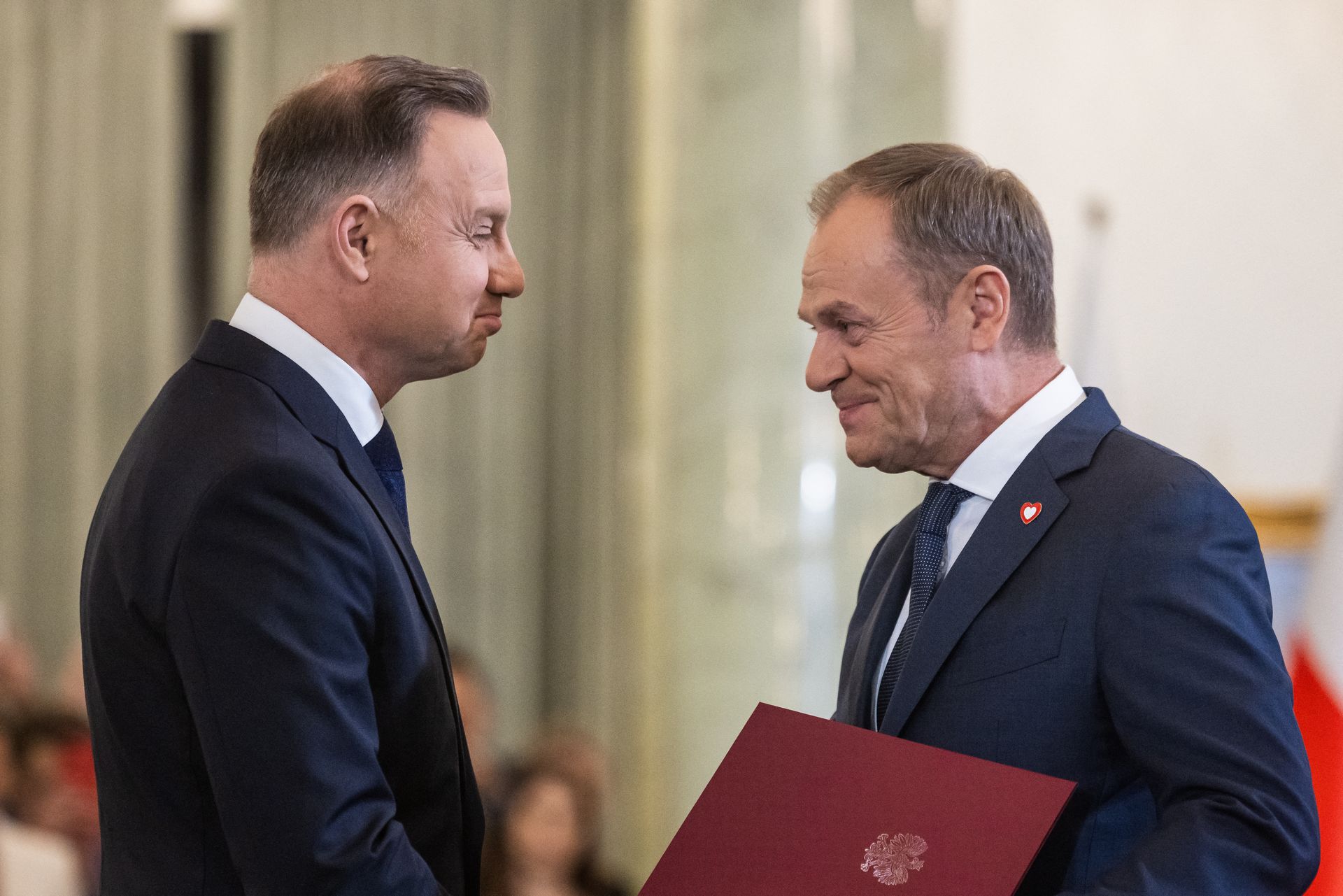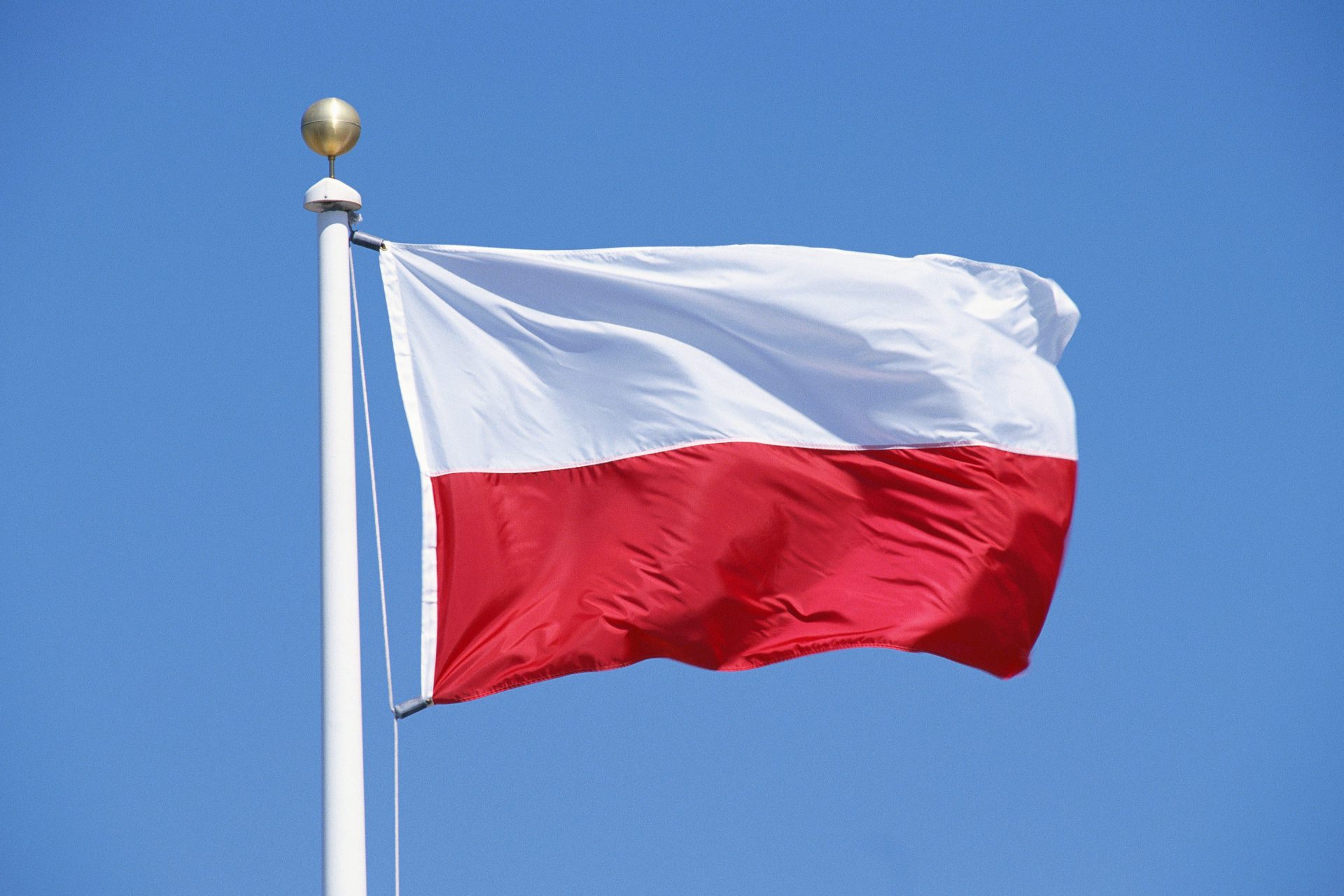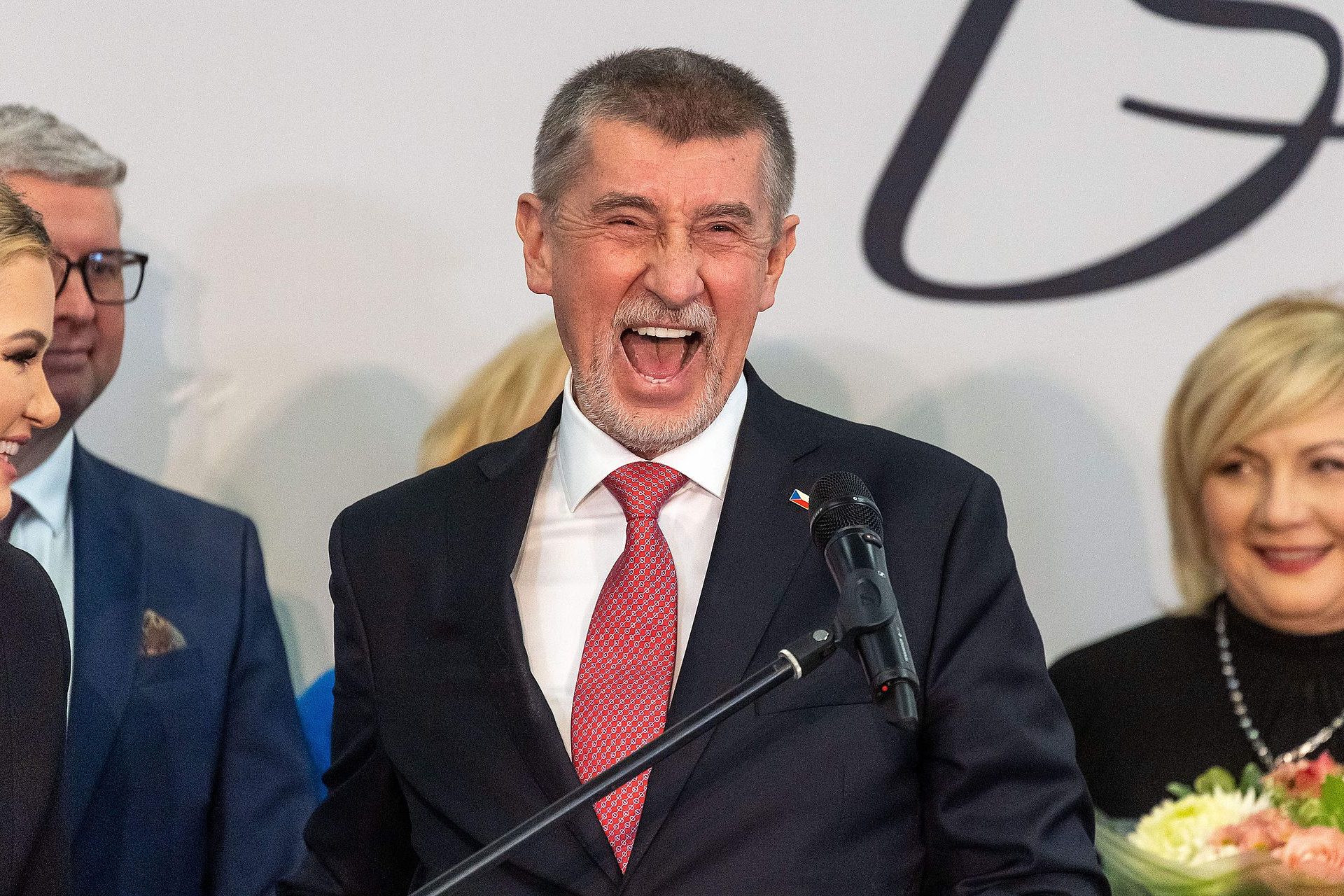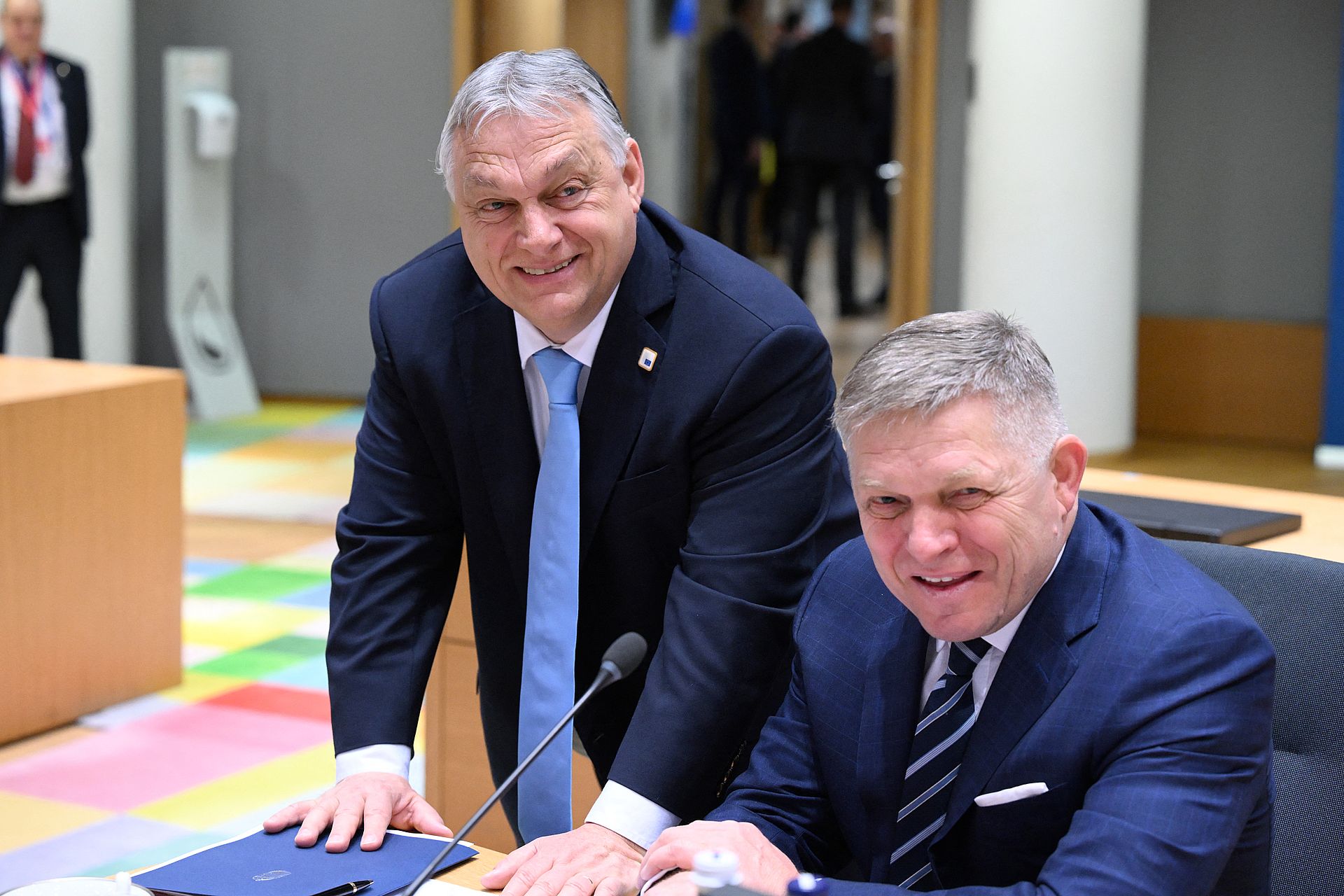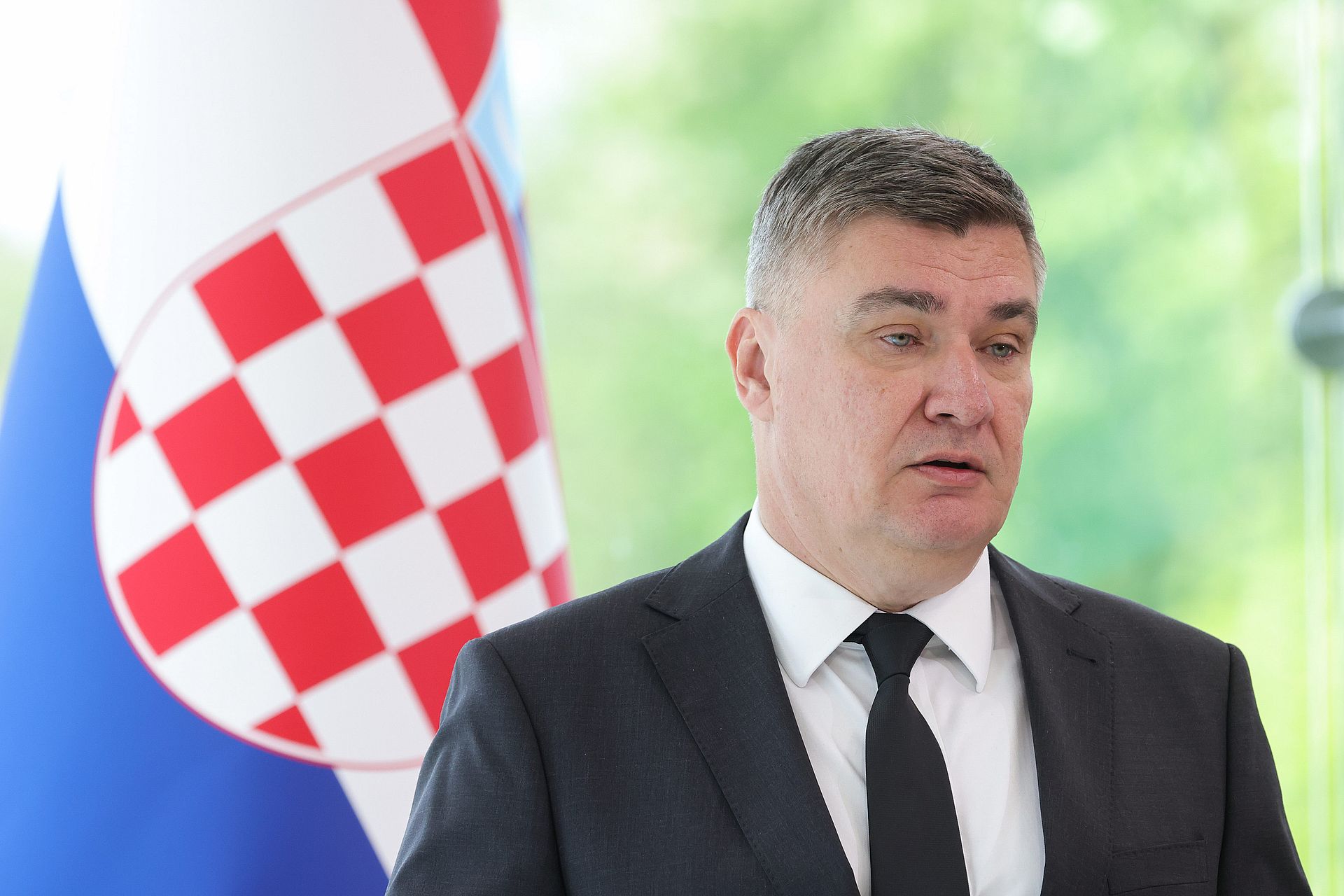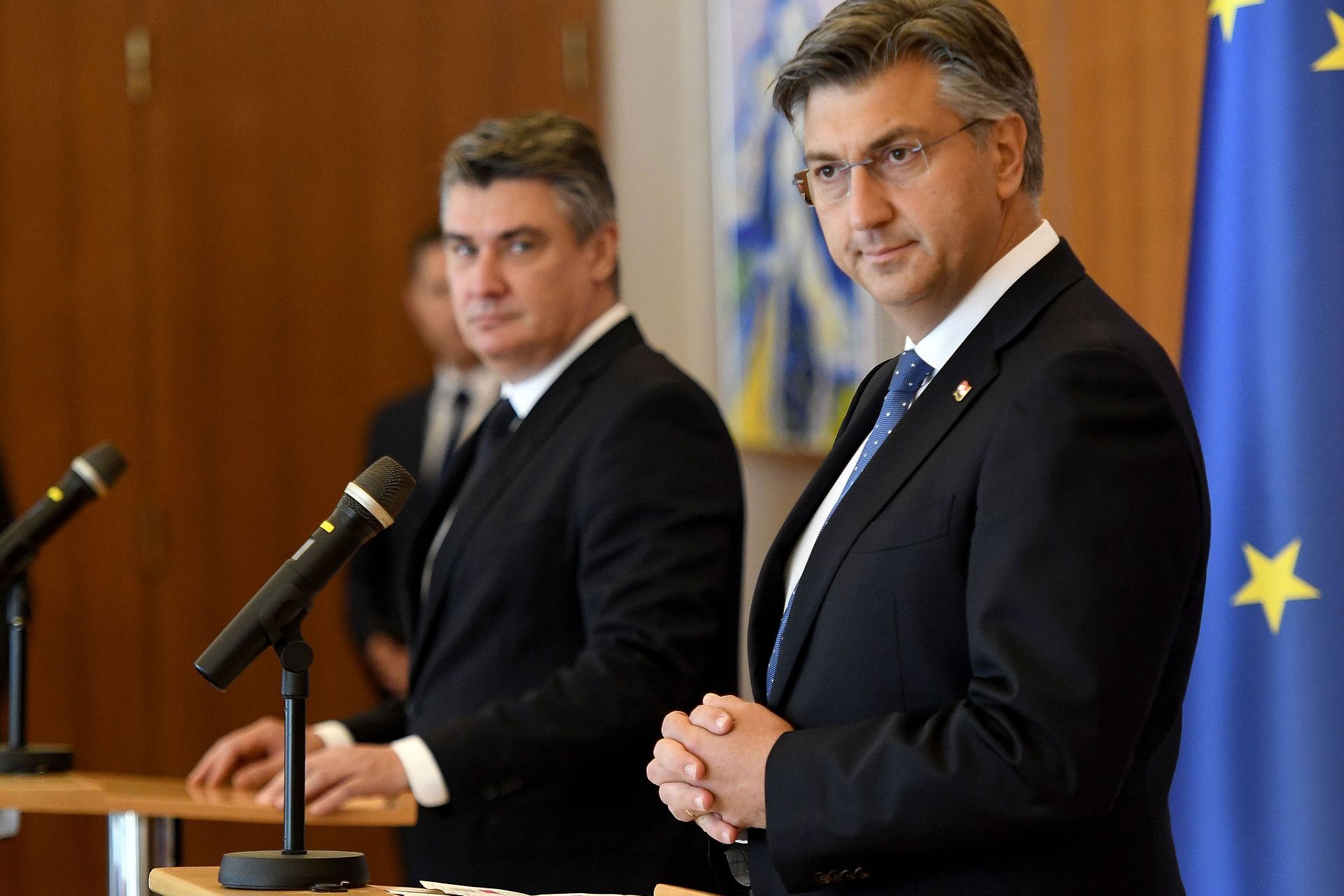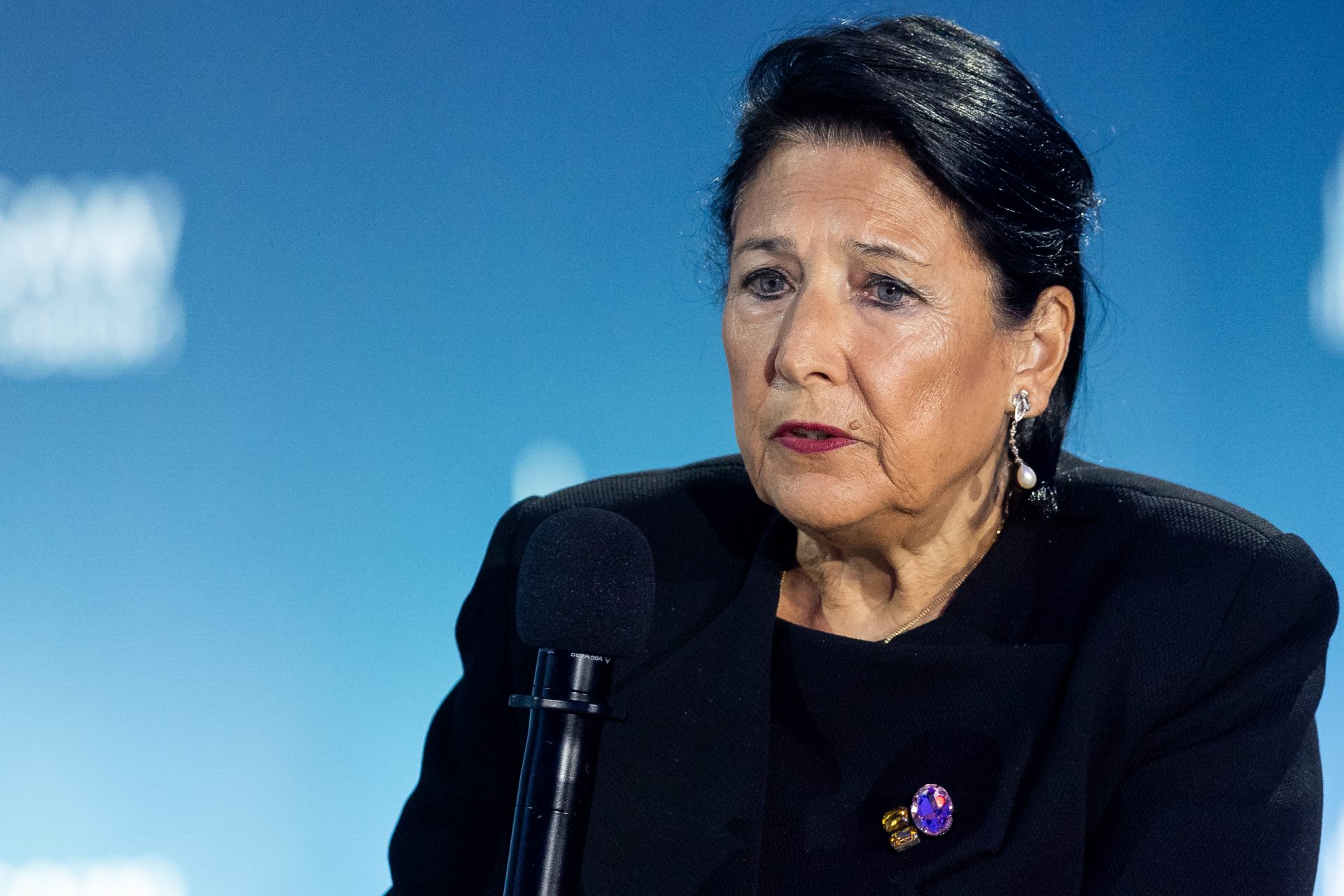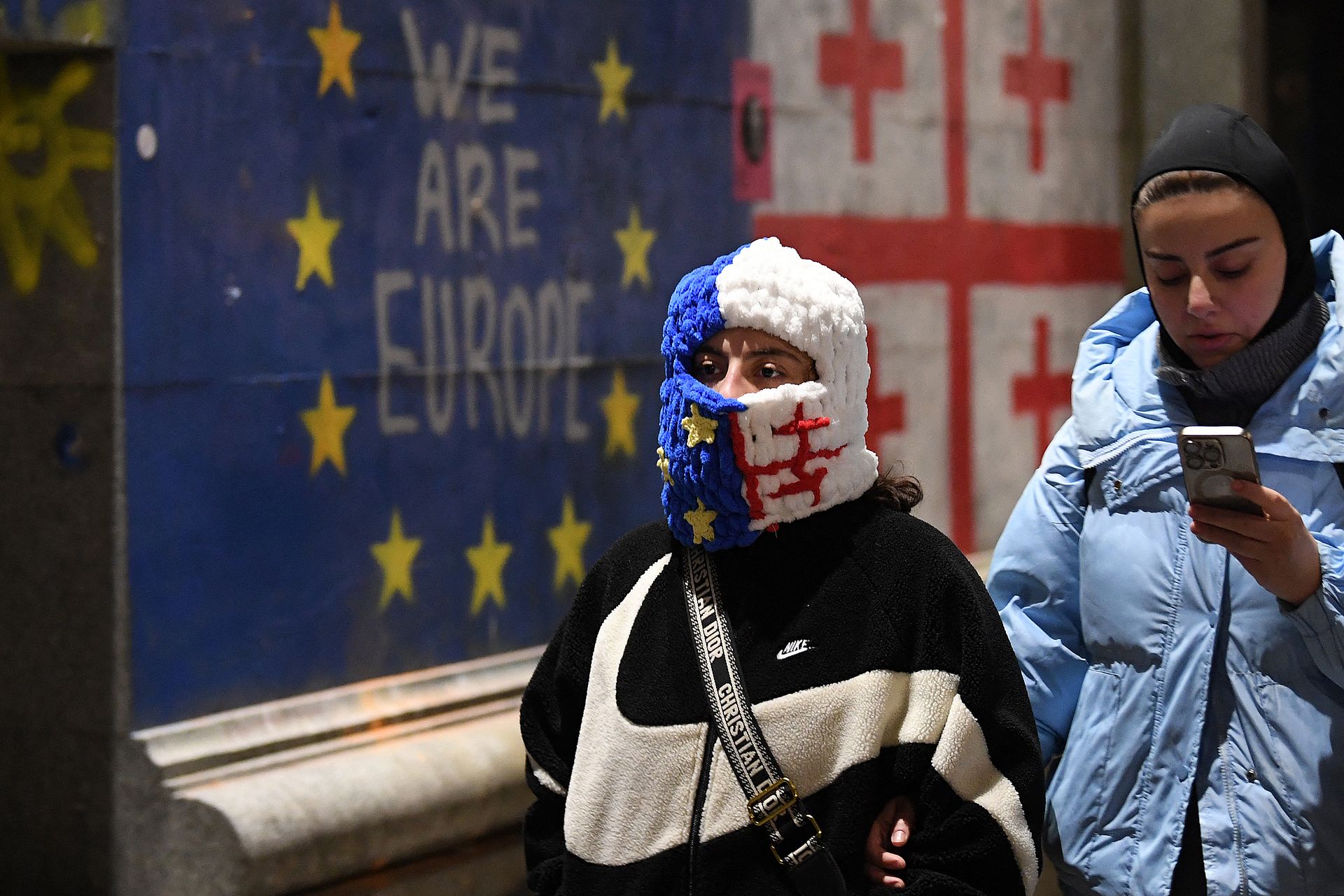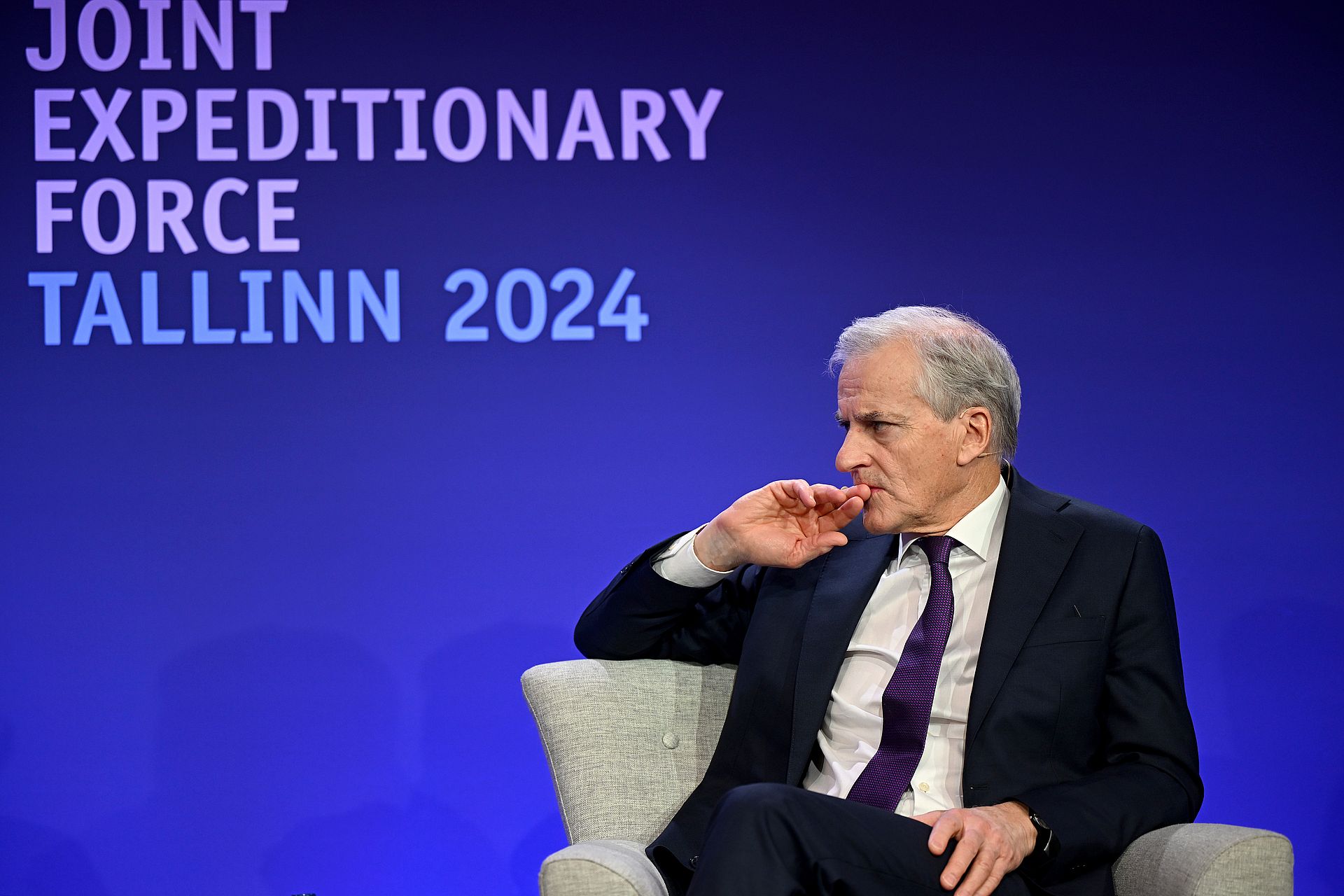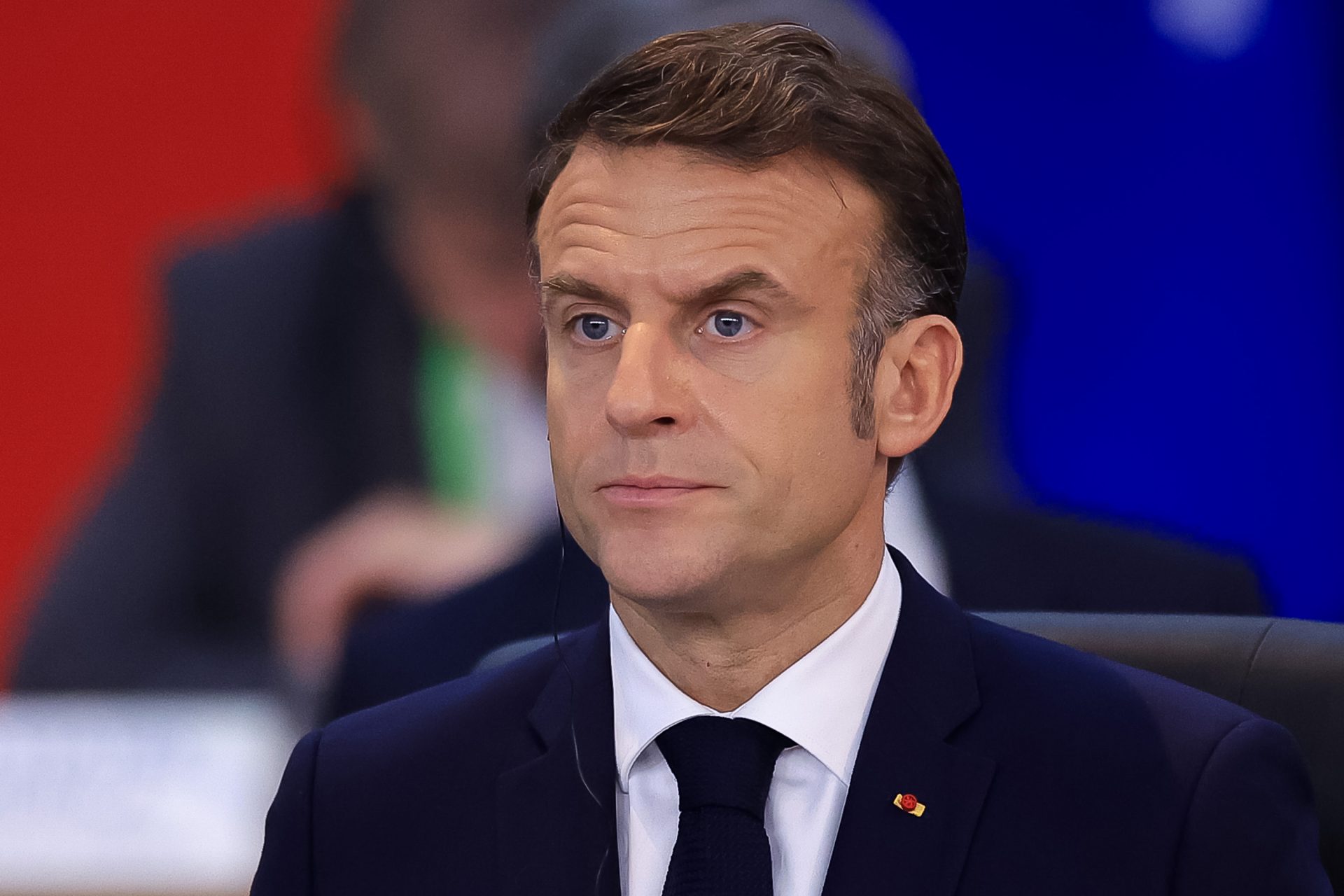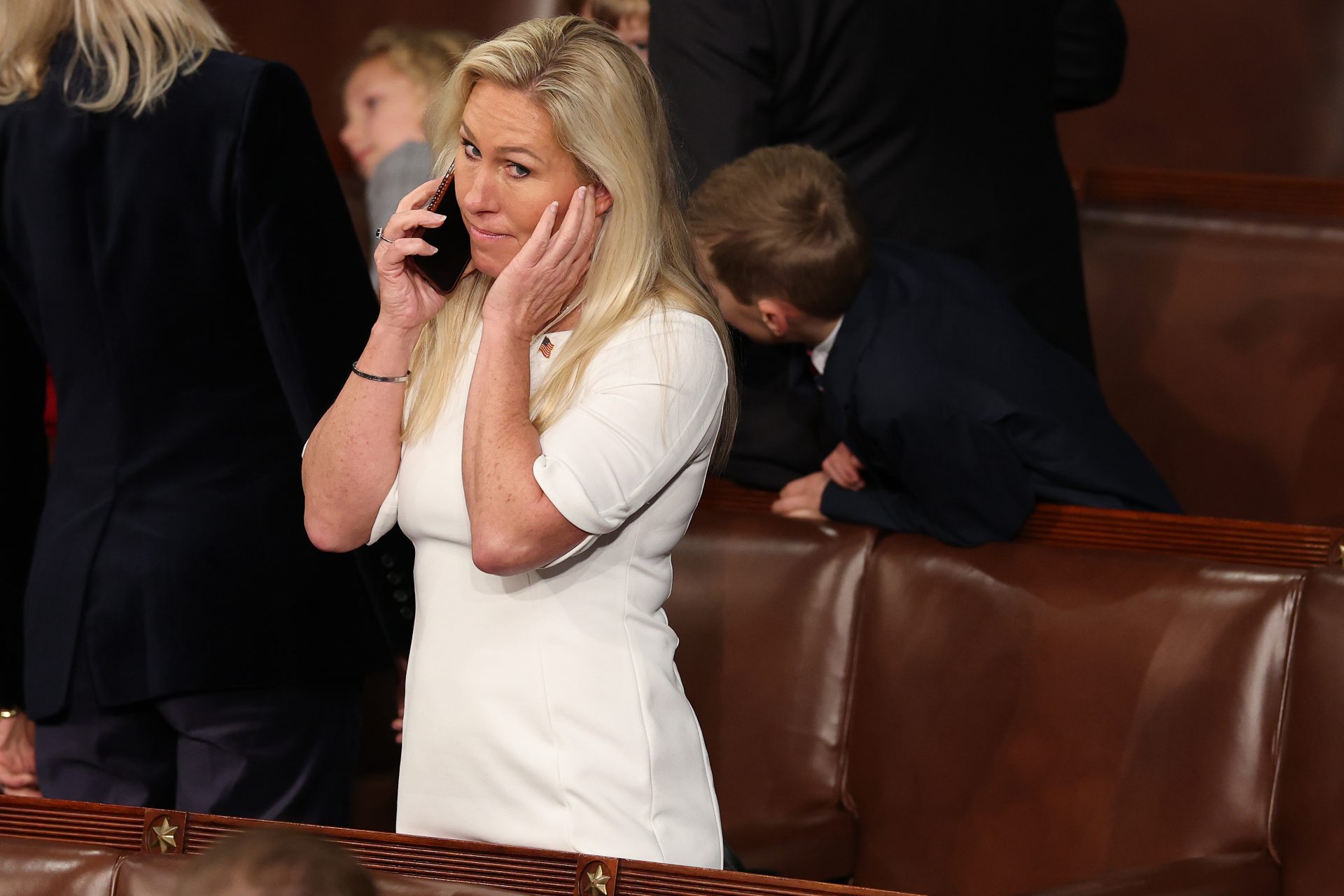The upcoming European elections to watch for in 2025
Between the return of Donald Trump to the White House and the ongoing war in Ukraine, Europe is in a critical position. The elections set in 2025 could define the future of the continent.
Germany, Europe's leading economy, had its political leadership weakened by the end of the coalition led by Olaf Scholz. The chancellor lost the no-confidence vote in the Bundestag, which triggered early federal elections scheduled for February 23.
Led by Friedrich Merz, the conservative CDU/CSU are the favorites, polling over 30% of the votes. The far-right AfD is expected to come in second, around 20%, ahead of Scholz's Social Democratic Party.
In the United Kingdom, elections for mayor and local councils will occur on May 1. According to Sky News, the country's main political factions, Labour and the Conservatives, are neck and neck, polling 20% of the vote each.
Less than a year after their return to 10 Downing Street, Prime Minister Keir Starmer and the Labour Party are being challenged after several stormy months. The outcome of the local elections could reveal how big or little is their support among British voters.
No national elections this year in Italy, but local elections will be held in September within six regions (Puglia, Campania, Marche, Tuscany, Valle d'Aosta and Veneto), providing an overview of the state of public opinion.
For Giorgia Meloni, the Prime Minister in office since 2022, these elections will measure her popularity, especially since her right-wing coalition was overtaken by left-wing parties in the regional elections in Emilia-Romagna and Umbria last November.
In Romania, the 2024 presidential election saw the election of the pro-Russian far-right candidate Călin Georgescu, who was virtually unknown just months before. However, his election was ruled invalid due to suspicions of Russian interference.
Georgescu is said to have received suspicious help on TikTok, while the Social Democrats won the legislative elections. In any case, a new presidential election is scheduled for the first half of the year.
Poland is marked by a strong rivalry between the Civic Platform, the centrist coalition led by Prime Minister Donald Tusk, and the right-wing Law and Justice party (PiS) of President Andrzej Duda.
The presidential election scheduled for May is therefore shaping up to be a showdown between the majority party and the opposition in a country where the Prime Minister governs, but where the President has certain powers.
In the Czech Republic, the populist ANO party of Andrej Babiš is predicted to be the clear winner in the October legislative elections, with 34.5% of the vote, as reported by Euronews.
An Eurosceptic, the former Prime Minister is raising fears of the establishment of a pro-Russian coalition in Central Europe, between his country, Viktor Orbán's Hungary and Robert Fico's Slovakia.
In Croatia, President Zoran Milanović was almost won reelected in the first round of the presidential election. The second round will take place on January 12 and will pit Milanović against his main opponent, Dragan Primorac.
Defining himself as a “nationalist”, Milanović opposes his country's support for Ukraine. He is in open conflict with Andrej Plenković, the center-right Prime Minister, who favors a pro-European and pro-Western policy.
New elections will be held next October in Georgia, a country where 20% of the territory is occupied by Russia. The former pro-European president, Salome Zurabishvili, has just been replaced by the former pro-Russian footballer, Mikheil Kavelashvili.
The country is still in turmoil following the controversial victory of the pro-Russian Georgian Dream party in the parliamentary elections last October. Suspicions of electoral fraud and the decision to suspend EU membership negotiations have sparked public anger.
Bordering Ukraine, Moldova is the subject of a struggle between pro-EU and pro-Russian factions. Last year, pro-European President Maia Sandu was re-elected and the referendum on EU membership was narrowly won.
However, 2025 promises to be just as crucial, with legislative elections. A victory for the government party would pave the way for the country's EU bid, while pressure in favor of Moscow remains strong.
In Norway, where Jonas Gahr Støre and the Labour Party is currently in power, parliamentary elections will be held on September 8. However, the right-wing Conservative Party and the far-right Progress Party lead the polls.
Finally, even if no elections are planned in France, the country's current political instability could lead to a new dissolution of the National Assembly.
If French President Emmanuel Macron is forced to resign by the ongoing political pressure, this could lead to an early presidential election.
More for you
Top Stories



